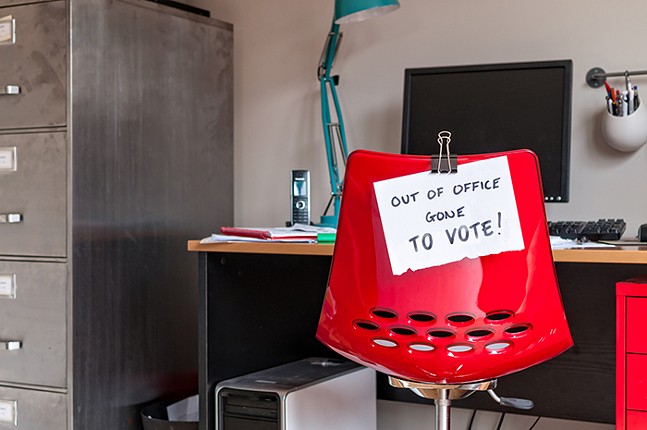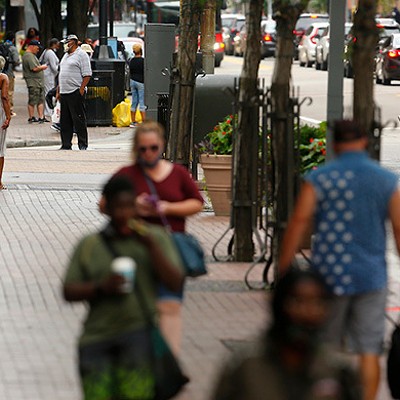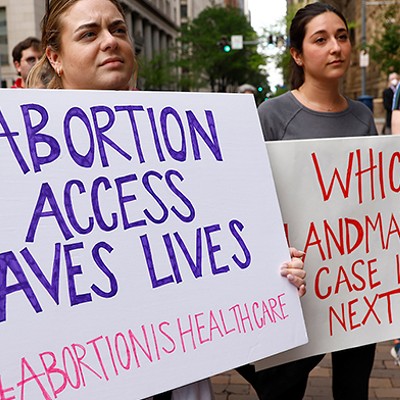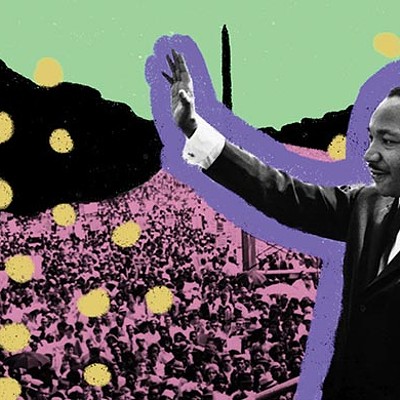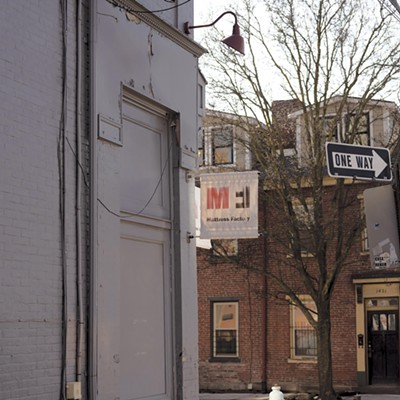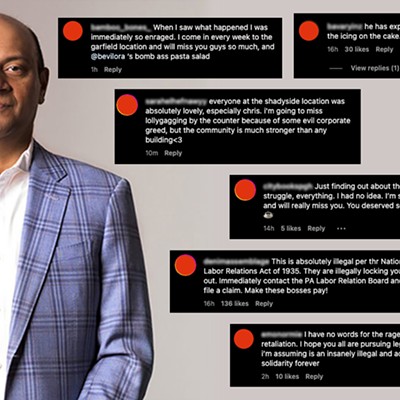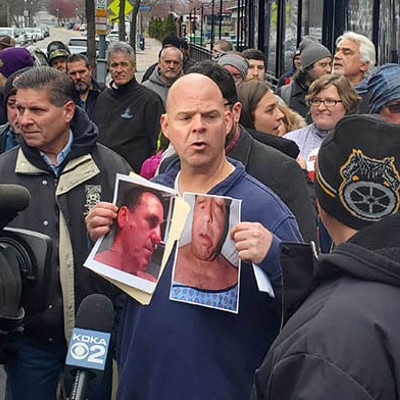One of the biggest, however, may be time. For too many working Americans squeezing in that extra couple of minutes to cast their ballot may mean being late for work, or trying frantically to get home from work to pick up the kids from childcare.
But if one Pennsylvania lawmaker gets his way, American employers would be required to provide at least two hours of paid time off so that their workers can cast their ballots in federal elections.
U.S. Rep. Matt Cartwright (D-8th District) teamed with fellow Democratic U.S. Reps. Cheri Bustos, of Illinois, Nikema Williams, of Georgia, and Andy Levin, of Michigan, on a bill they’re calling the “Time Off to Vote Act.”
“Voting should not be a luxury that only the well-off can afford,” said Cartwright, who floated a similar proposal in 2019. “This bill, which ensures that American workers can cast their ballots without risking their paychecks, is an important addition to the critical voting rights legislation passed by the House earlier this year.”
Williams and Levin separately echoed that sentiment.
“This November, Georgia will once again be the center of the political universe. In the last two elections, countless Georgians waited in line for hours to vote. Many waited all day. The Time off to Vote Act will make it easier for working people to exercise their sacred right to vote. Everyone deserves free and fair access to the ballot box, regardless of where they work or their flexibility while on the clock,” Williams, the co-chair of the Congressional Voting Rights Caucus, said in a statement.
Levin added that it’s “incredibly important that America’s workers have an unbridled ability to vote in any local, state, or federal election. By mandating paid leave on election days, this bill would ensure no worker has to sacrifice their wages or jeopardize their job security to exercise their sacred right to vote.”
More than half of states require businesses to allow their employees some time off to vote, according to GovTrack. Twenty-three (No, not you, Pennsylvania) require employers to provide paid time off, according to WorkPlaceFairness.org.
And if you don’t think this is a problem, think again.
In 2014, two-thirds of voters said they didn’t show up at the polls because of time constraints, with about a third of voters (35%) specifically telling the Pew Research Center that voting conflicted with their work or school schedules.
Voters of color, who are most likely to support Democrats, are among those hardest hit by workplace restrictions, one veteran political observer told the Capital-Star.
Black voters also are more inclined to vote in person than other voters because of skepticism about their mail-in ballots being counted fairly and accurately, the observer, who asked for anonymity to speak candidly, said.
Thus, Republican efforts to limit Sunday voting in some states, when most people do not work, disproportionately fall on Black voters.
Research by the Brennan Center for Justice, for instance, found that Black voters in Georgia were more inclined to vote on Sunday than were white voters.
Separate research found that “Sunday voters do not seamlessly transition to other days after cuts are made. For example, when Sunday voting was outlawed in Florida in 2012, Black voters who voted on Sunday in 2008 were especially likely to abstain from voting,” according to the Brennan Center.
Why does that matter?
Just like this year, the 2014 canvass was a mid-term election when voter turnout already is pretty anemic. Republicans romped during that election midway through former President Barack Obama’s second term. As noted above, Black voters and voters of color make up a key part of the Democratic coalition — which makes turnout critical.
And unless something dramatic happens between now and November, congressional Democrats stand a real chance of losing control of one, or both, chambers on Capitol Hill. Democrats will need to close a real enthusiasm gap with Republicans if they hope to retain their majorities.
In their statement on April 11, Cartwright and his congressional colleagues noted that their proposal had received the backing of a wide array of advocacy groups, including Common Cause and the NAACP Legal Defense Fund.
“All Americans deserve to have their voices heard and votes counted. Especially as some states pass discriminatory voter suppression laws, the Time Off to Vote Act is needed more than ever,” Sylvia Albert, Common Cause’s director of voting and elections, said in a statement.
Adam Lioz, the senior policy counsel for the NAACP’s Legal Defense Fund, reiterated that “as another important federal election fast approaches, Black and Brown Americans face the greatest assault on the freedom to vote since Jim Crow.”
The Democrats’ proposal would be “a strong addition to critical voting rights legislation the House has already passed this year. Congress must stay laser focused on delivering essential protections voters need and deserve, and must pass the full package without delay,” Lioz added.
John L. Micek is the Editor-in-Chief of the Pennsylvania Capital-Star, where this story first appeared.

